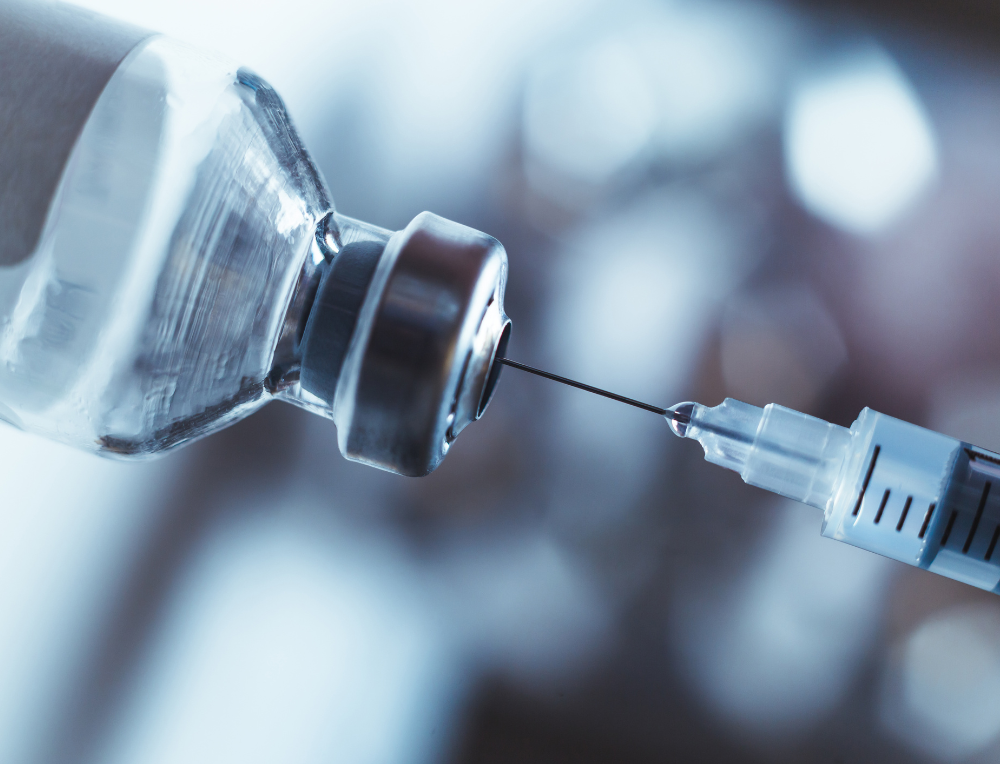Overcoming Barriers: Financing and Service Delivery for Vaccination in Fragile and Conflict-Affected States

This is the third visit of the HITAP team to the Philippines and last activity of the two vaccine evaluations project collaboration between NCPAM and HITAP with the support of Rockefeller Foundation through NICE International. The project started in March 2013 and ended in March 2014. With extensive consultation with partners, the project focuses on economic evaluations of HPV and PCV vaccines for the Philippines’ healthcare system. Both vaccines are listed in the drugs formulary list, but have not yet been included in the National Vaccination Program. They are provided only in some areas with low coverage (20-25%) so this information is not only given to FEC, but also aims to inform the DoH and PhilHealth so the information can be used for consideration of scaling up or including the vaccines in the National Vaccination Program.
During the twelve months of collaboration, the two vaccine evaluations have been completed and this mission aimed to consult with stakeholders as well as FEC members in order to ensure validity and relevance of the work for policy decisions. The meeting participants consist of the policy implementators (i.e. Assistant Secretariat and Under Secretariat of the department of health of Philippines), medical experts, patient representatives, industries (i.e. representatives from GSK, Pfizer, and MSD). Nine members of FEC also attended this consultation meeting. The meeting was also attended by Dr. Suwit Wibulpolprasert, a former Chair of the National List of Essential Medicines committee in Thailand, as well as other local partners from the University of the Philippines and the Department of Health.
The researchers from NCPAM presented that both HPV and PCV are cost-effective interventions if they are implemented at national level (i.e. included in the UHC). The main findings of both studies were accepted from all stakeholders. Yet, there are some concerns about the accuracy and update of some input parameters. Also, at policy decisions, budget constraints was most considered by participants from DoH because the budget for implementing each of these two vaccines are higher than the current EPI budget
In this visit, NCPAM, NICE International, and HITAP staffs also discussed the future HTA development in the Philippines. NICE International and HITAP staffs appreciate the significant progression made by the NCPAM team during the past twelve months. Two high quality vaccine evaluations have been completed, which is likely to be published in highly reputable journals and can be good policy information not only for the Philippine government, but also other low and middle income countries. The capacity of individual staff of NCPAM, University of the Philippines, and PhilHealth who are involved in these vaccine evaluations has been developed. The groups agreed that a plan should be made in order to ensure a sustainable HTA system in the Philippines. The discussion was divided into two major elements, including collaboration on normative work and capacity building.